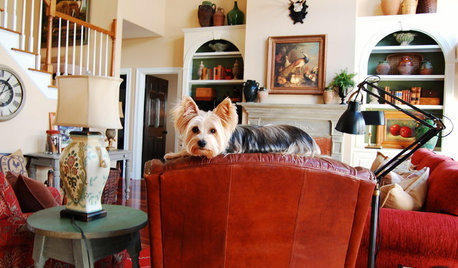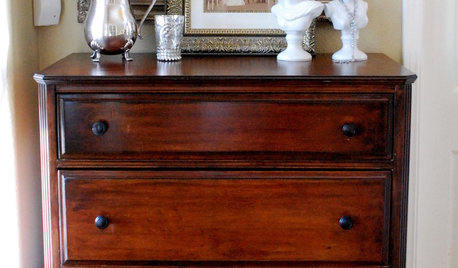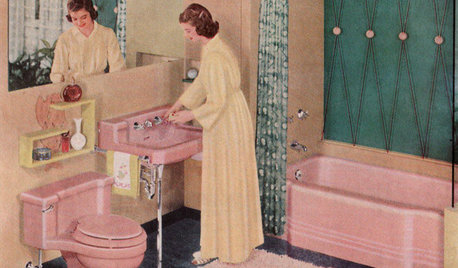From the Times of London today
Tears before bedtime - and that's just grandad
What happened when an ageing editor was left alone with two children - and what was learnt
Magnus Linklater
The tired old clichabout grandparents is that they have all the pleasure and none of the responsibility that comes with being a parent. Or, as Ogden Nash put it, "when grandparents enter the door, discipline flies out the window".
It's nonsense, of course, and, after a fortnight's immersion course in full-on grandparenting, I can confidently proclaim that the reverse is true. The only way to survive is to impose Victorian standards of behaviour, play the tyrant and insist on the kind of manners that even Mrs Beeton might have found excessive. Oddly, children will accept a regime required by grandparents that would elicit tears and tantrums if attempted by their parents.
It is possible, of course, that, at the age of 3 and 7, our grandsons were simply indulging two ancient and clearly demented characters who were nevertheless the source of sweet and unhealthy treats banned at home. The three-year-old cottoned on with alarming speed to the idea that if, instead of saying "I need chocolate", he said: "Please may I have some chocolate?" he got it that much quicker. The routine of sitting down to meals, finishing food and observing rudimentary standards of tidiness was easier because it was clearly temporary, an enjoyable interlude, before real life kicked in again.
It is possible, too, that both sides get something out of showing up the parents. As someone said once: "Grandchildren and grandparents get along so well because they have a common enemy." Grandparents, consciously or otherwise, show their offspring that they can handle their children better; grandchildren are telling their parents: "You see, I can behave perfectly well, it's just with you I choose not to."
I do not know if the standard of care we offered measured up to the professional requirements outlined in last week's Ofsted report, which had much to say about inadequate childminders, but nothing about inadequate grandparents. As Camilla Cavendish wrote, most mothers prefer to rely on relatives rather than untried carers, because they can form the "one-to-one attachment" recommended by experts. That, of course, depends on whether the relative in question is up to the job.
In the end, the one commodity that grandparents have, and modern parents do not, is time - time to indulge, entertain and focus on the children to an extent that is simply unavailable in most busy households. Just how full-time this can be was brought home to me when I was left in charge alone, fielding telephone calls, sending e-mails and arranging meetings while attempting to fulfil the equally demanding schedule of football on the lawn, building and knocking over towers of wooden bricks, playing an obscure card game in which the rules changed periodically, but in which there was only going to be one winner, and attending to non-stop calls of nature.
Once I found myself forcibly holding the door shut as I tried to hold a telephone conversation with an important contact who asked at one stage if I was in any trouble. The quick answer was yes, but nothing life-threatening at this stage.
At that moment I had a glimpse of the average mother's daily life, and quailed. However rewarding children are, their demands are ceaseless and repetitious. Books must be read not once but ten times, games played over and again, questions answered to the point where normal human knowledge reaches its limit. There is only one way to stem the flow - to admit defeat, sit them in front of the TV and switch to the children's channel. It guarantees absolute silence and absolute attention, but also induces a mounting sense of grandparental guilt.
Most recent reports suggest that grandparents are an integral part of Britain's childcare system, with almost half of families relying on them to deputise for working mothers or absent fathers. But there is little information on what role they are expected to fill. Are they simply child-minders, entertainers and exhausted games-players, or do they have as important a contribution to make as parents?
If so they should probably know more about it. They should be told how their grandchildren are brought up at home and their school routine, so they can foster the domestic regime rather than acting as licensed subversives. I can imagine that more than one working mum has listened in despair as her child wails: "But granny said it was perfectly all right to eat food off the floor because it helped you fight bacteria," or "Why can't I walk barefoot in the gutter like I do with grandad?".
On the whole, however, my one-man report on the grandparental role is positive on both sides. Like Sir Walter Scott, who wrote his Tales of a Grandfather for a five-year-old who absorbed far more than his years suggested, I can confirm that seven-year-olds miss nothing and understand most of it - so watch what you say. Equally, grandfathers pick up the language of youth without noticing. Instead of saying: "You are not allowed to do that," you say: "That is so not allowed." And rather than ordering: "Go to bed," you try something with "like" in it. "I want you, like, in bed in five minutes." Being a grandparent is a rich and rewarding experience - and it certainly broadens the mind.
Here is a link that might be useful: Tears before bedtime













UserOriginal Author
Related Discussions
What is your gardening style? ( a link to an article)
Q
article about why we love vines
Q
Articles: What To Look For If You Plan To Age In Place
Q
What's your opinion on Article furniture? TIA
Q